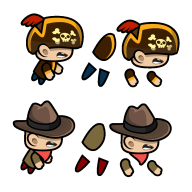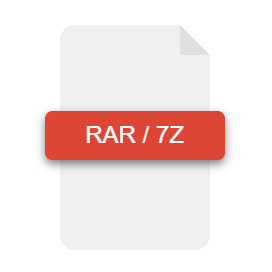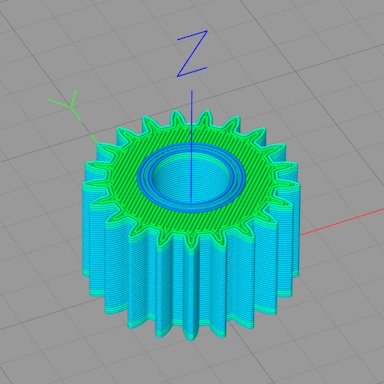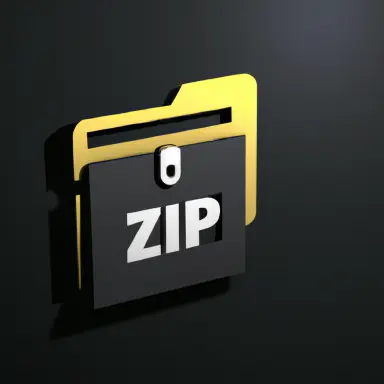Free Online EPS to SVG Converter
Use our free and fast EPS to SVG vector file conversion tool to convert your EPS files into the SVG format while maintaining as much detail as possible, which can then be used in applications requiring high-quality and scalable vector files. Batch EPS to SVG conversion is supported by our tool, with up to 100 files being converted at a time.
Or drag and drop your files here to upload.
A maximum of 100 files can be uploaded at once.
Use the button above to select the EPS files you wish to upload; once selected, you can click the Upload button to start the conversion. Once all your files have been converted, you will be able to download your SVG files either individually or all together in a compressed ZIP file.









